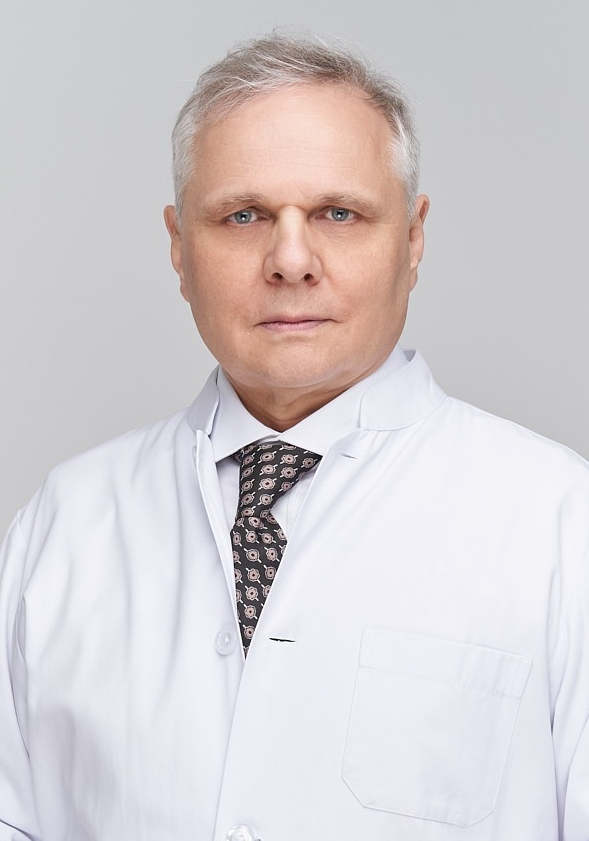
In recent years, treatment of sleeplessness in India has become increasingly important. Treatment of sleeplessness is essential for people who suffer from persistent sleep difficulties that affect mood, concentration, and overall health. Insomnia is one of the most common sleep disorders, leading to fatigue, irritability, and poor performance during the day. Early evaluation and professional therapy can help restore normal sleep patterns and improve overall well-being.
For Treatment of Sleeplessness Contact Dr. Kowal:
Call CHMCUnderstanding Insomnia
Sleeplessness, also called insomnia, is characterized by difficulty falling asleep, staying asleep, or waking up too early and being unable to return to sleep. People with insomnia often feel tired even after sleeping for several hours. The condition may be short-term, triggered by stress or life events, or chronic, lasting for months or even years.
Common causes of sleeplessness include emotional stress, anxiety, depression, jet lag, medical conditions, and irregular sleep schedules. Some medications, caffeine, nicotine, and alcohol may also interfere with sleep. When insomnia becomes chronic, it requires proper diagnosis and professional management to avoid long-term health consequences.
Why Proper Sleep Matters
Sleep is vital for physical restoration and emotional stability. During deep sleep, the body regenerates tissues, balances hormones, and strengthens the immune system. Insufficient sleep affects concentration, decision-making, and emotional balance. Over time, chronic insomnia increases the risk of anxiety, depression, heart disease, obesity, and diabetes. Addressing sleep problems early helps protect both mental and physical health.
Symptoms of Sleeplessness
The symptoms of sleeplessness go beyond poor sleep. They include:
- Difficulty falling asleep at night
- Frequent awakenings or light sleep
- Early morning waking
- Daytime tiredness or lack of energy
- Difficulty focusing or remembering things
- Irritability and mood changes
If these symptoms persist for more than a few weeks, professional assessment is recommended.
Diagnosis of Insomnia
A proper diagnosis of insomnia involves a medical interview, evaluation of sleep habits, and sometimes a sleep study. Patients may be asked to keep a sleep diary to record bedtime patterns, daytime sleepiness, and related symptoms. In certain cases, doctors recommend a polysomnography test to monitor brain activity, heart rate, and breathing during sleep. Identifying the root cause helps to create an effective treatment plan for insomnia tailored to each patient.
Types of Sleeplessness
Acute insomnia is usually short-term and often related to temporary stress or travel.
Chronic insomnia, on the other hand, occurs at least three nights a week for more than three months. It may be linked to ongoing stress, anxiety, or depression. Chronic insomnia requires professional therapy and, in some cases, medical treatment.
Effective Treatment for Sleeplessness
The treatment for insomnia depends on the underlying cause, severity, and individual health conditions. A combination of lifestyle changes, psychological therapy, and medication can significantly improve sleep quality.
1. Cognitive Behavioral Therapy for Insomnia (CBT-I)
CBT-I is considered the most effective long-term treatment for insomnia. It helps people change negative thought patterns and behaviors that interfere with sleep. The therapy focuses on relaxation training, stress management, and building healthy bedtime routines. Many patients experience lasting improvement without relying on sleeping pills.
2. Medication and Supplements
When insomnia persists despite behavioral therapy, doctors may prescribe short-term medications such as zolpidem, eszopiclone, or ramelteon. Natural sleep aids like melatonin may also help regulate the sleep-wake cycle. Medication should always be used under medical supervision to avoid dependency and side effects.
3. Lifestyle and Sleep Hygiene
Improving sleep hygiene plays a central role in the treatment for insomnia. Key recommendations include:
- Keeping a consistent bedtime and wake-up time
- Avoiding caffeine, nicotine, and alcohol before bed
- Creating a dark, quiet, and cool sleeping environment
- Reducing screen exposure before bedtime
- Engaging in relaxing activities such as reading or meditation
Even small lifestyle adjustments can have a significant impact on sleep quality.
4. Managing Stress and Anxiety
Emotional stress and anxiety are frequent triggers of insomnia. Relaxation methods like mindfulness, breathing exercises, and progressive muscle relaxation can calm the mind before sleep. Regular physical activity, such as walking or yoga, also helps release tension and regulate the body’s natural sleep rhythm.
Complications of Untreated Sleeplessness
Ignoring sleeplessness can have long-term health consequences. Chronic sleep deprivation increases the risk of:
- High blood pressure and cardiovascular disease
- Weakened immune function
- Poor concentration and memory
- Mood disorders such as anxiety and depression
By seeking professional treatment for insomnia, patients can prevent these complications and regain control over their sleep.
When to See a Psychiatrist for treatment of Sleeplessness
If sleep problems persist for several weeks despite lifestyle changes, it is important to consult a healthcare professional. A psychiatrist or sleep specialist can determine whether the cause of sleeplessness is psychological, medical, or environmental and recommend the most suitable therapy.
Prognosis of Treatment of Sleeplessness
Quality sleep is essential for health and emotional stability. Seeking professional treatment for insomnia allows patients to address the root causes of their sleep disturbances and achieve lasting improvement. Through therapy, stress management, and healthy routines, restful sleep and daily vitality can be restored.
With consistent treatment and lifestyle adjustments, most people recover from insomnia and regain normal sleep patterns. Early intervention is the key to preventing chronic sleep problems and maintaining emotional and physical balance.
